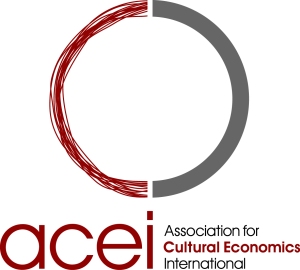About EconomistsTalkArt.org
EconomistsTalkArt.org is set up to promote and disseminate research-based (policy) analysis and commentary by cultural economists. The intended audiences are governmental cultural policy makers, arts’ advisory councils, cultural and heritage institutions, academia and the private sector as well as journalists specialising in the art and culture as economics and cultural studies students. The platform was founded as an independent initiative in 2015 by four young scholars in cultural economics and evolved into an established knowledge resource that attracts about 10’000 visitors annually.
.
Submissions
Most columns appearing in EconomistsTalkArt.org are commissioned directly by the Editor-in-Chief, but we post sometimes also unsolicited columns. Academics who are interested in writing a “research-based policy analysis and commentary” should send a few lines describing the possible column and its research basis to: navarrete(at)eshcc(dot)eur(dot)nl.
The submission should include information on the author(s)’ current and past affiliation(s), economics degrees or experience, and the URL of the author(s)’ current webpage.
.
Editorial Board
(Université Sorbonne Nouvelle – Paris 3)
Cedric Ceulemans (State University of New York at Purchase)
Trilce Navarrete (Erasmus University Rotterdam)
(Institute for Economic Research and University of Ljubljana)
Past Editors
Karol Jan Borowiecki (Southern Denmark University)
Elisa Salvador (ESSCA School of Management)
Marilena Vecco (Burgundy School of Business)
.
Web design
(Université Sorbonne Nouvelle – Paris 3)
Association for Cultural Economics International
EconomistsTalkArt.org is set up in close collaboration with the Association for Cultural Economics International. ACEI is a scientific society founded in 1973, of around 150 members–including academic scholars, government officials, foundation officials, managers of arts and cultural organizations and artists–who share an interest in furthering understanding of the economic aspects of the arts and culture in their own countries and throughout the world.

Recent Comments